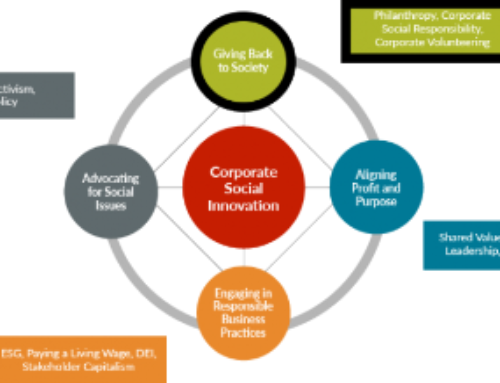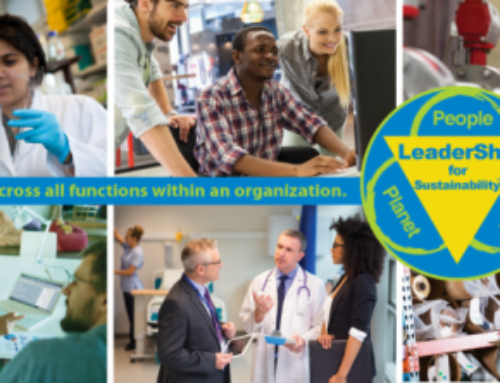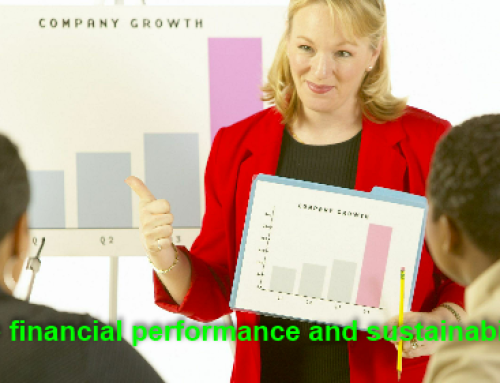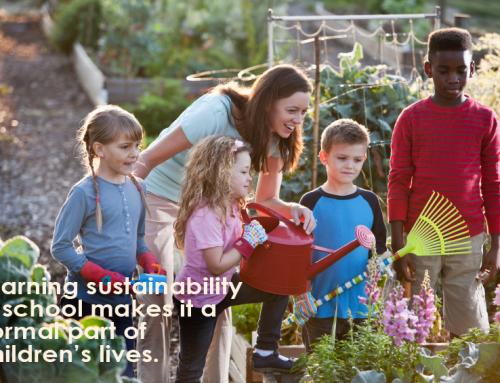By Linda Morris Kelley, Principal and Enterprise Ecologist, Transitioning to Green.
When employees—in any position—find meaning and value in their work, they engage at higher levels of professionalism, contribution, and yes, caring. Not surprisingly, people in every generation have wanted good work, work that pays a living wage, work that they can feel good about doing. In short, employees want to be engaged. Yet, according to a recent Gallup poll, “companies with highly engaged workforces outperform their peers by 147% in earnings per share.” Here’s the kicker though. 87% of employees worldwide report they are not engaged at work! 1 While other generations of workers may have tolerated holding a job that held no meaning for them, Millennials are unwilling to do so. They want to work for a purpose as well as a paycheck. They want to have the satisfaction that they are valued as persons and that the work they contribute makes a difference. They are not interested in merely putting in time until retirement. If they are not engaged, and only 29% of Millennials report that they are, they are willing to hop jobs until they find one with a purpose worthy of their efforts.2
This is a real problem for businesses that remain focused on single-bottom-line profits as their measure of success while at the same time the future of their business depends on engaging and retaining Millennial employees. It’s expected that Millennials will make up half the workforce by 2020. They will be not only the employees but also account for a large percent of the purchases of goods and services. And, Millennials believe business should be a driver in addressing important global challenges. How is your company addressing this shift? Does your company have a strategy in place? 3
A growing number of businesses are adopting a framework for business development that they believe is an engine for engaging their employees as well as their customers with work that will stimulate business growth and make the world a better place at the same time. It is the United Nations 2030 Agenda for Sustainable Development, laid out in 17 Sustainable Development Goals (October 21, 2015).4
Paul Polman, CEO of Unilever, says,
The Sustainable Development Goals (SDGs) are the fundamental cornerstone to secure future economic and business growth by eradicating poverty in an inclusive way, while protecting the environment.
It is not possible to have a strong, functioning business in a world of increasing inequality, poverty and climate change. Business has the unique opportunity to embrace the SDG agenda and recognise it as a driver of business strategies, innovation and investment decisions.5
According to a PriceWaterhouseCoopers report on sustainability (2015)5, just 29% of companies are even setting goals, and only 13% have a good grasp of the tools they might need to develop the strategy and implement Sustainable Development Goals (SDGs) in their business.6
If you want to be one of the companies that realizes benefits from incorporating SDGs into your business, benefits in terms of more engaged employees, enhanced reputation as well as growth in new revenue, please contact us at info@transitioningtogreen.com. We’d be glad to help.
1 http://www.gallup.com/services/190118/engaged-workplace.aspx?utm_source=gbj&utm_medium=copy&utm_campaign=20160511-gbj
2 http://www.gallup.com/reports/189830/millennials-work-live.aspx
3 http://corporate-citizenship.com/wp-content/uploads/Advancing-the-Sustainable-Development-Goals-Business-Action-and-Millennials-Views.pdf
4 http://www.un.org/ga/search/view_doc.asp?symbol=A/RES/70/1&Lang=E
5 http://businesscommission.org/index.php?p=our-work/sustainable-development-isnt-just-doing-the-right-thing-its-good-business-sense
6 https://www.pwc.com/gx/en/sustainability/SDG/SDG%20Research_FINAL.pdf






Leave A Comment